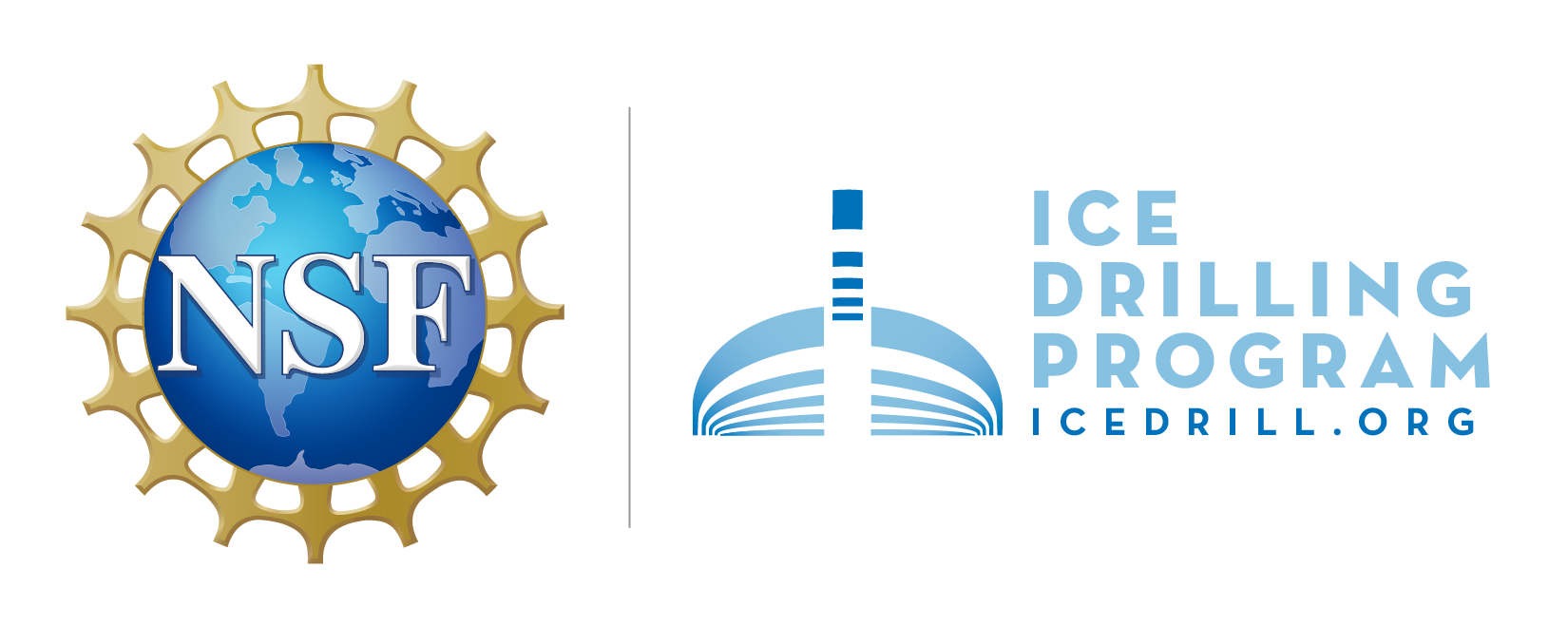Hydrophilic liquid in glacier boreholes
| Title | Hydrophilic liquid in glacier boreholes |
|---|---|
| Publication Type |
Journal Article
|
| Year |
1994
|
| Author(s) | Victor Zagorodnov , Morev VA, Nagornov OV, John J Kelley, Thomas A Gosink, Bruce R Koci |
| Journal/ Publication |
Cold Regions Science and Technology
|
| Volume |
22
|
| Pagination |
243-251
|
| Abstract |
Environmental impact is a primary criterion for selecting any liquid used for filling boreholes in glaciers. Antifreeze solutions based on ethanol and other high molecular weight alcohols are among several potential fluids used for drilling deep holes in the Arctic and Antarctic glaciers. At relatively high ice temperatures in boreholes, the concentration of ethanol in the solution can be low. Therefore, using such drilling fluids causes less environmental impact. Ethanol-water solutions (EWS) have been used for filling boreholes at various temperatures from 0 to −58°C (Morev et al., 1988; Zagorodnov, 1988a; Zotikov, 1979). Ethanol requirements for deep drilling are significantly less than the volume of the borehole. Under normal operating conditions, ice core dissolution is about 1-mm ply per 40 min. Use of EWS for thermal drilling leads to slush formation. However, experience has shown that this is not a major drilling problem. The lifetime of the boreholes in central Antarctica is not less than one year. |
| DOI |
10.1016/0165-232X(94)90003-5
|
| URL | |
| Categories | Drilling Fluids, Thermal Drilling |
| Citation | Victor Zagorodnov , Morev VA, Nagornov OV, John J Kelley, Thomas A Gosink, Bruce R Koci ( 1994 ) Hydrophilic liquid in glacier boreholes. Cold Regions Science and Technology , 22 , 243-251 . doi: 10.1016/0165-232X(94)90003-5 |
| Lead Author |
